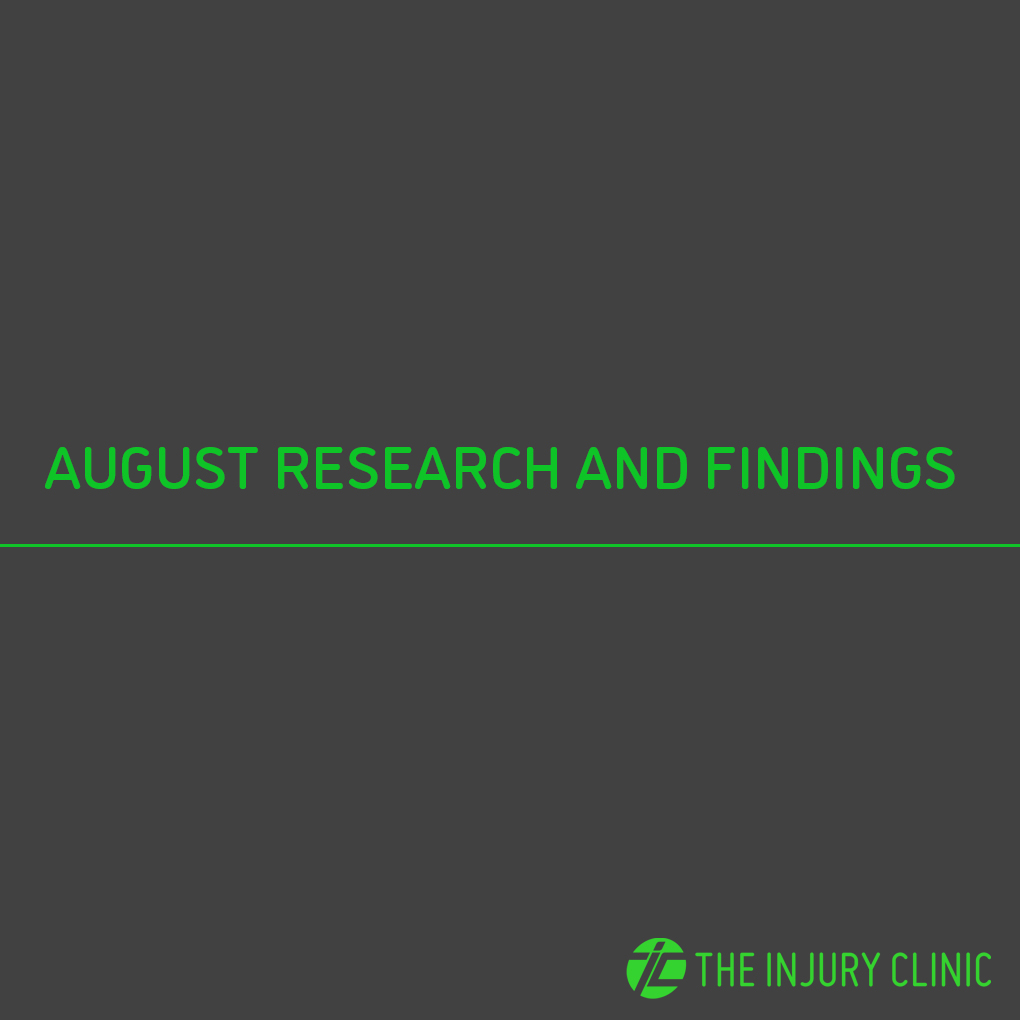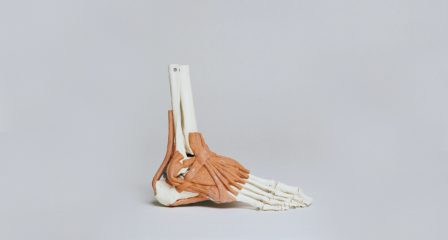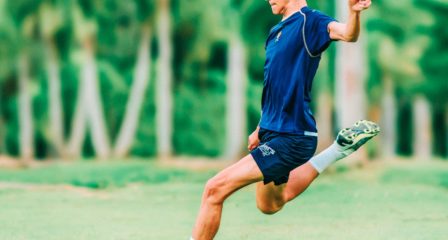The Injury Clinic physiotherapist and strength and conditioning coaches are always staying up to date with the latest research and findings to make sure that they deliver the most effective evidence-based treatment.
Staying up to date with current research is very important for practitioners as it provides:
- Evidence-based information on the effectiveness of treatment/exercises to ensure it is always relevant.
- Their patient care is always of a high professional standard as it aids in informed clinical decisions supported by research.
Current research articles, their summaries and key findings can be found below:
Poor isometric neck extension strength as a risk factor for concussion in male professional Rugby Union players (Farley et al., 2022):
Summary:
- Concussion has been a growing area of interest amongst team sports – with the effects not only in the short term, but also long-term becoming concerning for longevity of athletes.
- Concussions are most caused by trauma to the skull, by an external force (generally an opposition player etc) – more specifically, acceleration of the head in the sagittal plane (backward or forward) suggesting a link of flexor and extensor strength and concussion.
- There is existing evidence that suggests neck strength may be a modifiable factor when addressing risk mitigation during training.
- This study (Farley, et al 2022) assessed 225 professional rugby players, of whom experienced 30 (29 players) concussions during the study period, with rugby being a sport with quite a high likelihood of head contact.
Findings:
- There was a significant relationship between concussion and neck extension strength, with a 10% increase in strength saw a 13% decrease in concussion rate.
- In this elite rugby cohort – players with a neck extension score below 41kg would increase their rate of Concussion from 6.8%, to 17.6% per 1000 hours of play time.
- Low isometric neck strength is a clear modifiable risk factor for concussion in contact sport.
Arthroscopic partial meniscectomy versus physical therapy for traumatic meniscal tears in a young study population: a randomised controlled trial (van der Graaff et al., 2022):
Summary:
- Arthroscopic partial meniscectomy (i.e. surgical removal of part of the cartilage in the knee) is the most frequently performed surgery in the world.
- This study aimed to investigate the effectiveness of arthroscopic meniscectomy against physiotherapy with an option for delayed partial meniscectomy for traumatic meniscal tears in individuals aged 18-45 years old.
- Patients in the group which received physiotherapy had the option of undergoing a partial meniscectomy at 3 months if they had persistent knee complaints. Only 41% of patients in this group received delayed partial meniscectomy.
- Patients in the surgical group underwent partial meniscectomy within 6 weeks and were able to attend physiotherapy at their own discretion.
Findings:
- At 24 month follow up, both groups had comparable perceptions of their symptoms, knee function and ability to participate in sports.
- Results from this study suggest that physiotherapy with optional delayed arthroscopic meniscectomy is a reasonable option to early arthroscopic partial meniscectomy in patients with a traumatic meniscal tear.
Neuromuscular Function of the Knee Joint Following Knee Injuries: Does It Ever Get Back to Normal? A Systematic Review with Meta-Analyses (Tayfur et al., 2020):
Summary:
- After significant knee injuries, neuromuscular deficits are common and possibly contribute to early-onset post-traumatic osteoarthritis
- The aim of this systematic review was to determine the effect of neuromuscular function on the knee joint after previous knee injury and surgery.
Findings:
- This review illustrated the deficits in quadriceps strength, quadriceps activation, cortical excitability, torque variability, rate of torque development and electromechanical delay 2 years after ACL injury, but actually showed an increase in spinal-reflex excitability
- In meniscus injuries, only strength deficits were shown, and only in the short term
- Neuromuscular alterations are evident in both the short and long term post knee injury, but these results only represent findings following an ACL injury
The cost of illness and economic burden of endometriosis and chronic pelvic pain in Australia: A national online survey (Armour et al., 2019):
Summary:
- Did you know, it is thought endometriosis has up to a $6.5billion economic burden in Australia each year?! Majority of these costs (between 75% and 83.5%) is from lost productivity, so essentially women are unable to complete their normal, paid employment duties second to symptoms of endometriosis.
Findings:
- This is an area physiotherapists at The Injury Clinic are currently researching. Stay tuned for more information on endometriosis!
- Armour, M., Lawson, K., Wood, A., Smith, C., & Abbott, J. (2019). The cost of illness and economic burden of endometriosis and chronic pelvic pain in Australia: A national online survey. PLOS ONE, 14(10), e0223316. https://doi.org/10.1371/journal.pone.0223316



